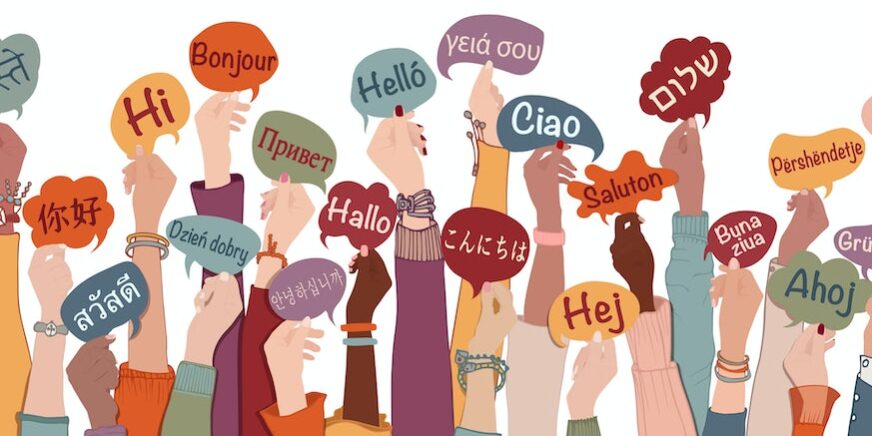In today’s interconnected world, learning a new language is more than just a hobby—it’s an invaluable skill that can open doors to countless opportunities. The benefits are extensive and multifaceted, whether you’re considering picking up a language for personal enrichment, career advancement, or cultural exploration. Here are some compelling reasons to start your linguistic journey.
1. Cognitive Enhancement
Learning a new language has a profound impact on cognitive functions. Research shows that bilingualism can improve brain functionality by enhancing problem-solving skills, multitasking abilities, and creative thinking. It also strengthens memory, as language learning requires memorizing vocabulary, grammar rules, and nuances. Furthermore, studies have found that bilingual individuals are less likely to develop dementia and Alzheimer’s disease later in life.
2. Cultural Appreciation and Connection
Language is deeply intertwined with culture. By learning a new language, you gain insights into the traditions, values, and ways of life of the people who speak it. This cultural appreciation fosters empathy and understanding, allowing for more meaningful interactions and relationships. Whether traveling, working with international colleagues, or engaging in cross-cultural exchanges, language skills enable you to connect on a deeper level.
3. Career Advancement
In the global economy, multilingualism is a highly sought-after skill. Employers value employees who can communicate with international clients, partners, and colleagues. Being proficient in a second language can set you apart in competitive job markets, leading to better job prospects and higher salaries. Multilingual professionals benefit industries such as tourism, international business, translation, and diplomacy.
4. Improved First Language Skills
Surprisingly, learning a new language can also enhance your understanding of your native language. As you study the structure and grammar of another language, you become more aware of linguistic rules and patterns, which can improve your communication skills overall. This heightened linguistic awareness can lead to better writing, speaking, and comprehension abilities in your first language.
5. Enhanced Travel Experiences
Traveling to a foreign country becomes a richer experience when you speak the local language. It allows you to navigate more easily, engage with locals, and immerse yourself fully in the culture. Knowing the language can lead to unique experiences that are often inaccessible to monolingual travelers, such as understanding local customs, enjoying regional literature, and forming genuine connections with residents.
6. Personal Growth and Confidence
Mastering a new language is a significant achievement that boosts self-confidence. It involves overcoming challenges, making mistakes, and persevering, which builds resilience and a growth mindset. Additionally, it opens up a world of literature, music, films, and other media in the target language, enriching your life and providing new perspectives.
7. Broadened Perspective
Language shapes our worldview. By learning a new language, you gain access to different ways of thinking and expressing ideas. This broadens your perspective, making you more open-minded and adaptable. It helps you see the world through the eyes of another culture, enhancing your global awareness and sensitivity.
8. Better Academic Performance
For students, learning a new language can lead to improved academic performance across the board. Studies have shown that bilingual children often perform better in standardized tests, particularly in areas like math, reading, and vocabulary. The skills acquired through language learning—such as critical thinking, pattern recognition, and memory—translate to other academic disciplines, contributing to overall educational success.
Conclusion
The benefits of learning a new language extend far beyond simple communication. It is an enriching endeavor that enhances cognitive abilities, cultural understanding, career prospects, and personal growth. In a world where global interactions are increasingly common, being multilingual is not just an asset; it’s a necessity. So why wait? Start your language-learning journey today and unlock a world of opportunities.


